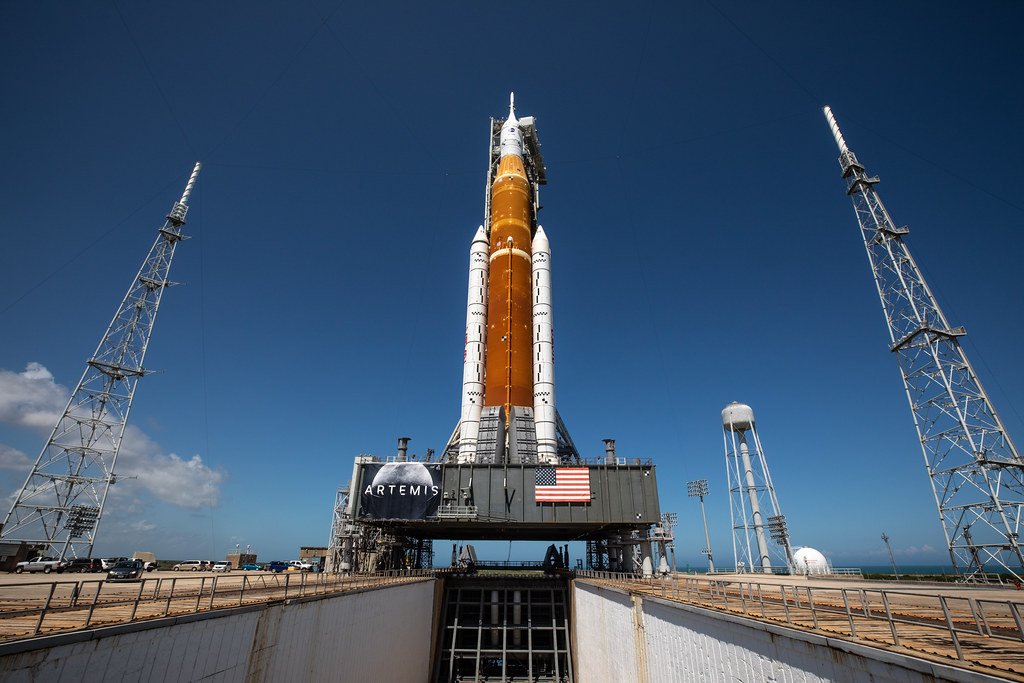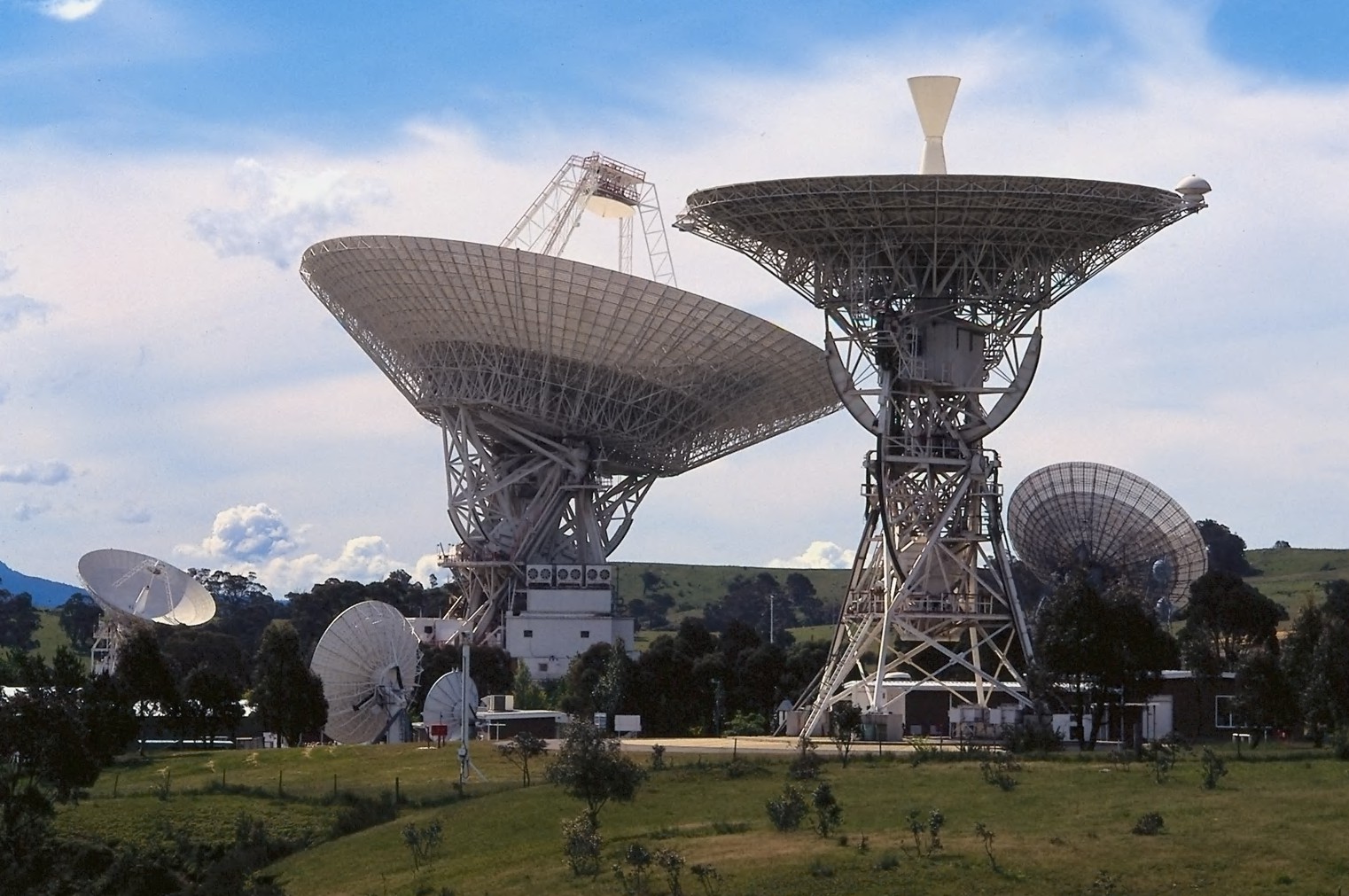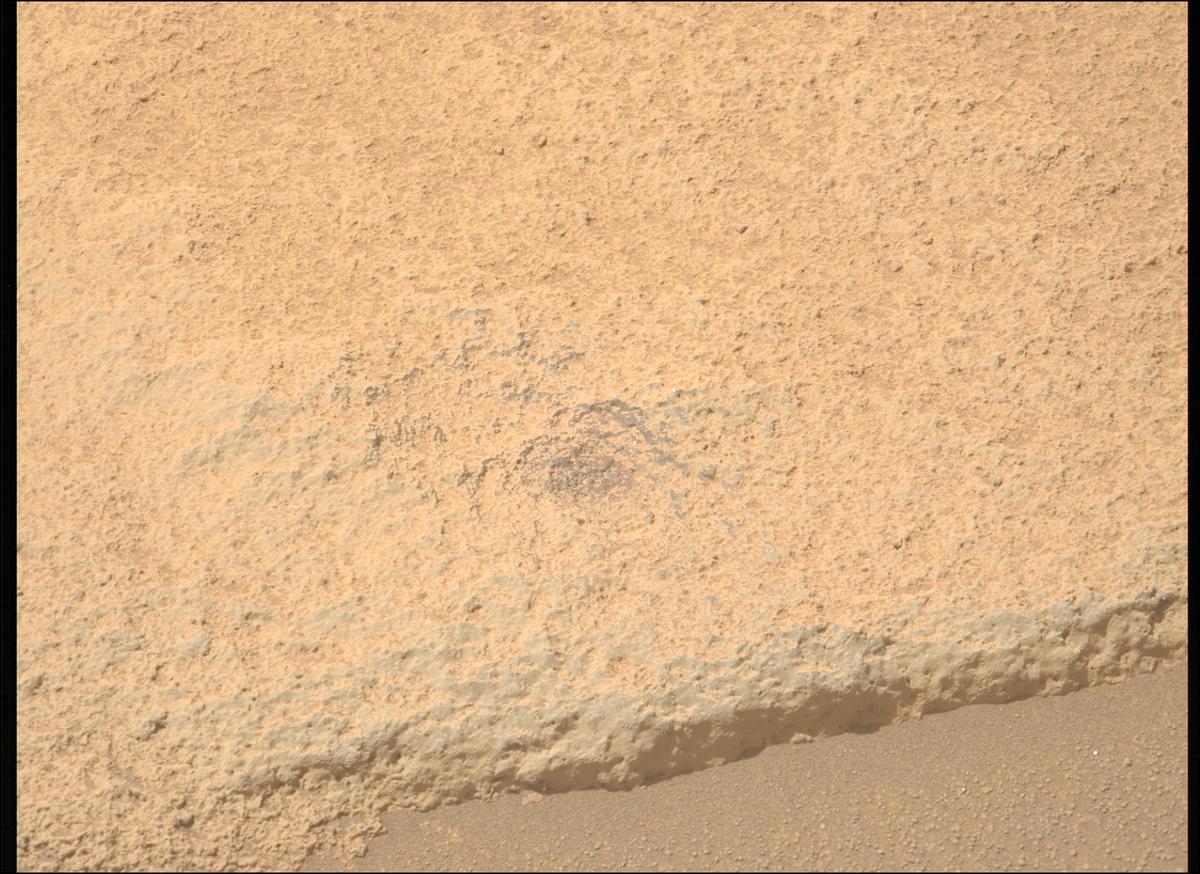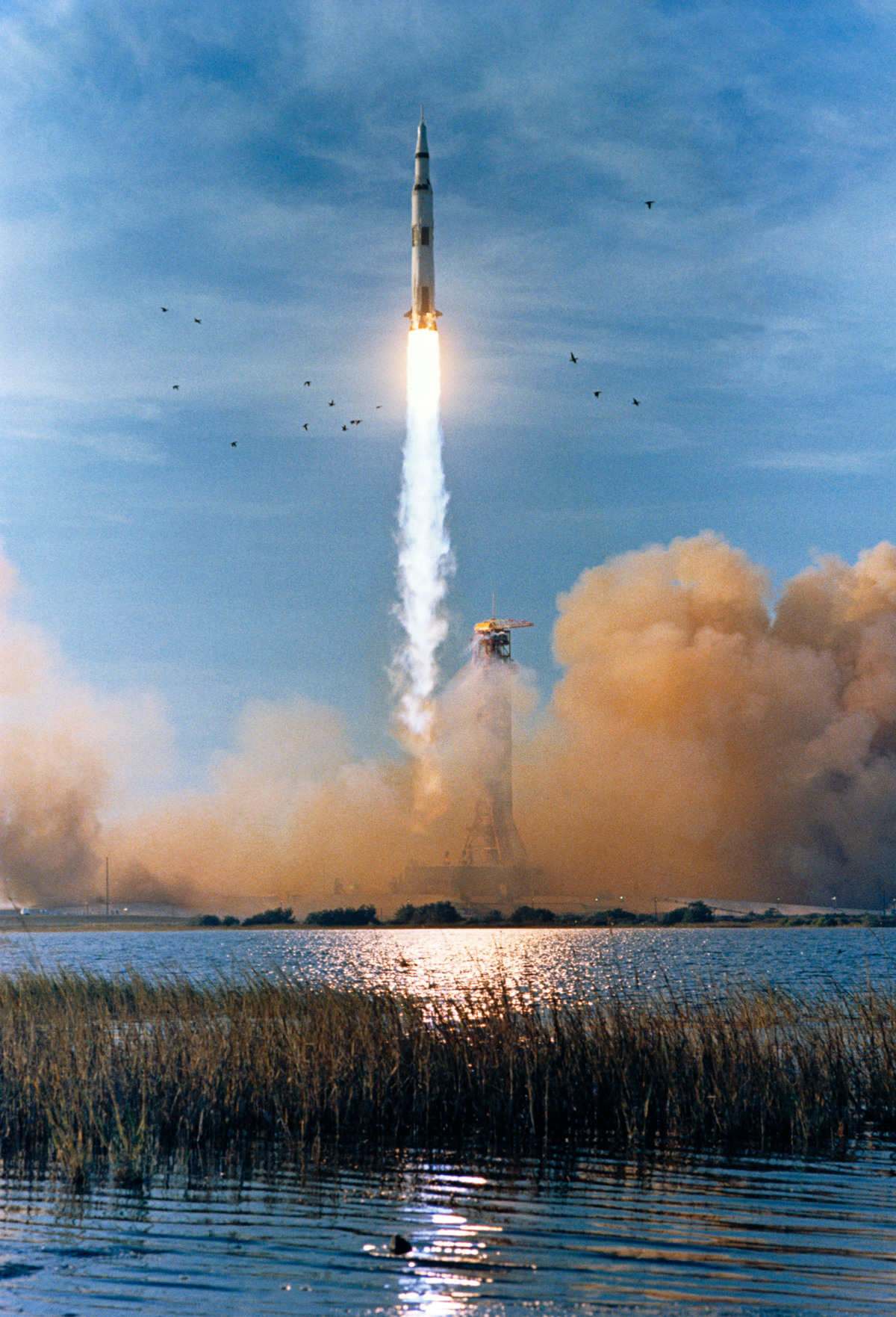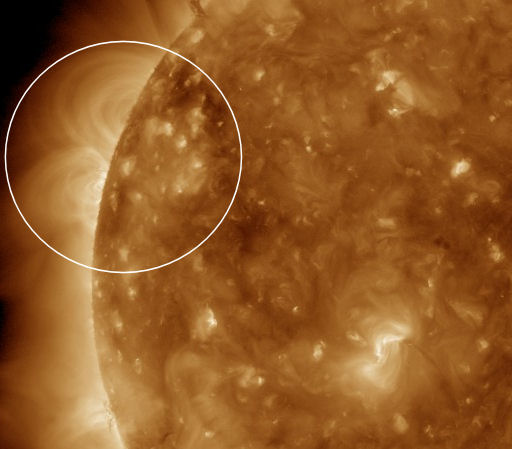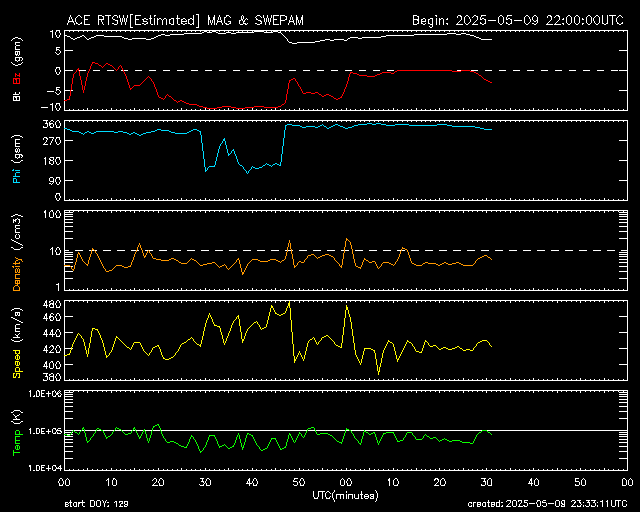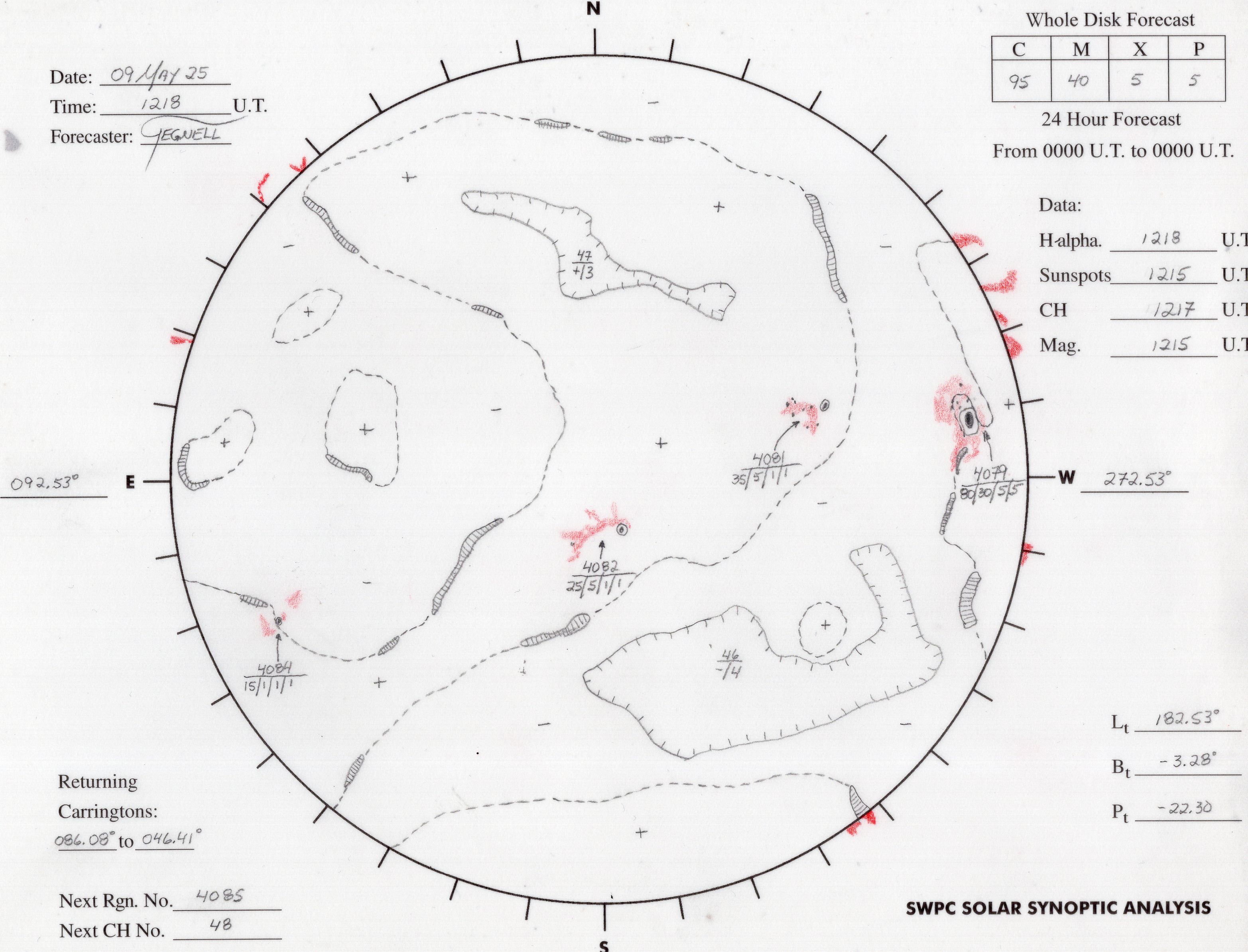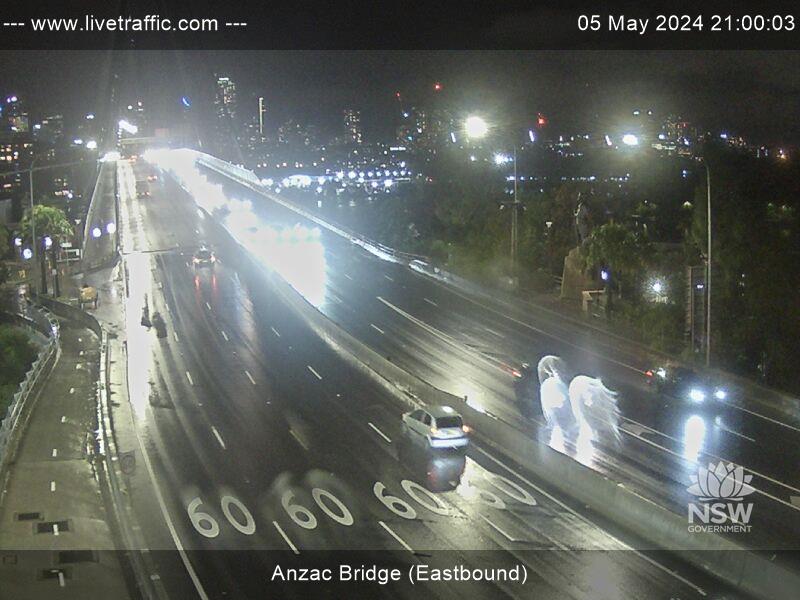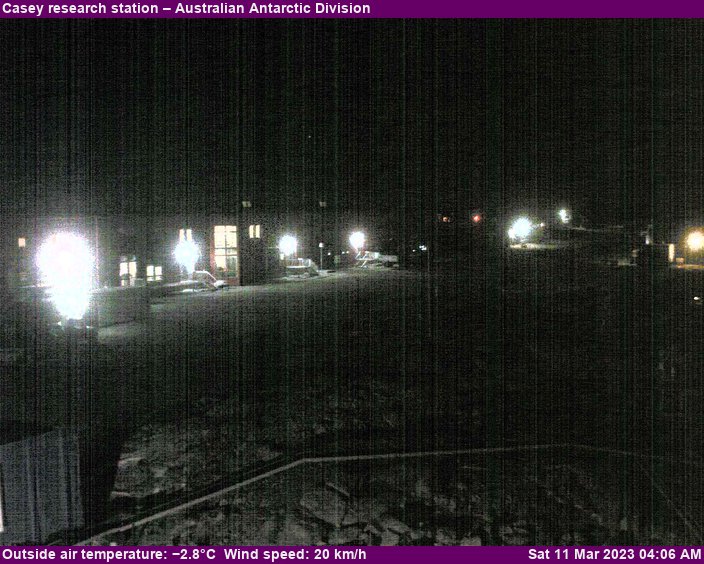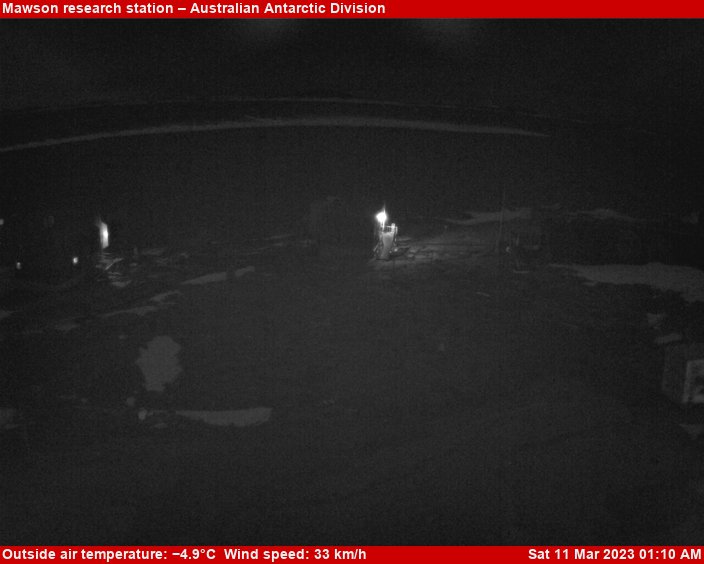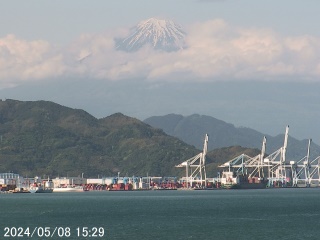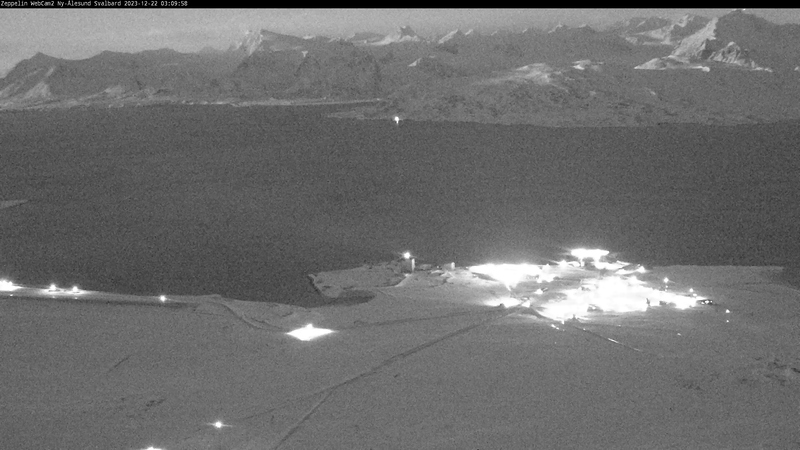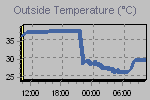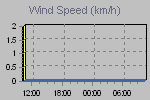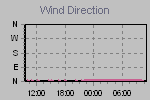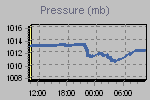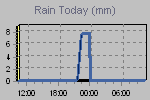Since parking at Airey Hill during Solar Conjunction back in November, Perseverance has been busy exploring. We drove north from Airey Hill to Flat Point, where we had the best views to conduct imaging using Mastcam-Z of some of the deepest parts of the Margin Unit. We then drove south-east, parallel to a ridge that shows apparent layering, and imaged targets including Burnt Island and Lily Bay. It was then time to wrap up our excursion into the area known as Gnaraloo Bay, pass through Jurabi Point once more, and continue east across the Margin Unit. Our next goal is to reach an area called Beehive Geyser, which is on the eastern side of the Margin Unit and adjacent to the Neretva Vallis channel. If you want to keep up to date with where Perseverance is driving, you can see the rover’s traverse and current location on this interactive map.
The Mars 2020 science and operations team, as well as Perseverance itself, took some well-earned downtime over the December holiday period, but operations resumed in early January. The Margin Unit has proved tricky terrain for driving, so drive progress has been slow going, but Perseverance continues to (you guessed it!) persevere. We conducted proximity science on a dust-cleared natural surface bedrock target named Minga using PIXL, SHERLOC and WATSON (Minga is seen in the above Mastcam-Z image). Unfortunately, a SHERLOC issue during these proximity science activities left the arm unstowed and prevented us from driving away. The team has since stowed the arm, Mars 2020 engineers have been working to diagnose the issue, and the rover has resumed driving.
As always, we made the most of the bonus time at our last location to gather a treasure trove of scientific observations. These include Mastcam-Z multispectral imaging of targets Browera and Naronga, which show a delightful diversity of minerals at the grain level that pop up as a kaleidoscope of color in our multispectral data products; SCAM LIBS and VISIR observations on potential veins at targets Yardie Creek and Ayliff; and SCAM LIBS and VISIR and Mastcam-Z multispectral imaging of target Quailing which shows an interesting pitted texture.
There’s never a dull day on Mars, and we’re looking forward to lots of new observations in 2024!
Written by Eleni Ravanis, Student Collaborator at University of Hawaiʻi at Mānoa

